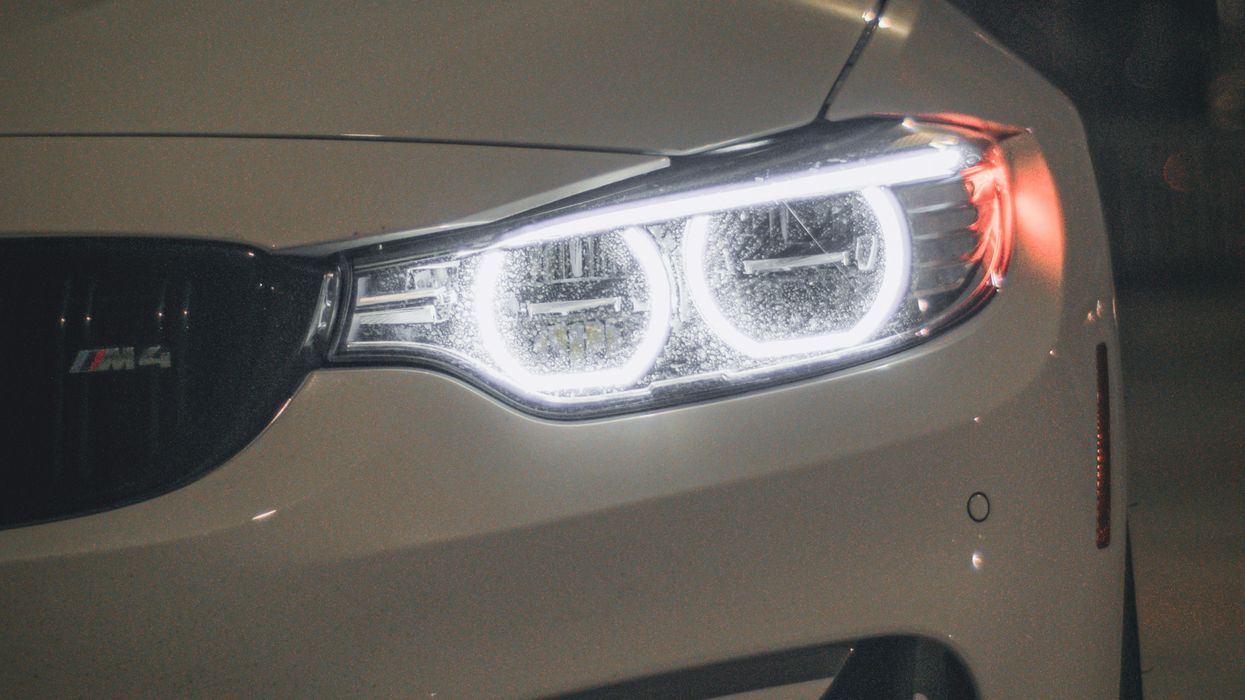The pat social critique of architecture is doubtless as old as architecture itself: High design is nice to have, but it's a luxury. MASS, a new Boston- and Kigali, Rwanda-based firm, aims to change the mindset that shelves ambitious building design in times of crisis. MASS co-founder Marika Clark says the revelation came three years ago, when she and fellow designers learned that NGOs often weren't using architects for major projects in troubled areas: "[They] were building critical infrastructure work without the use of design professionals." And at first architecture was a tough sell, even to current client Partners in Health:
"PIH was very unsure of how architects could be useful at that point," she says. Eventually, the organization came around, commissioning the project MASS now sees as its flagship, the under-construction Butaro Hospital in the Burera District.That hospital is a object lesson in the MASS style, and in the ways their discipline can solve tangible problems. The low-slung complex features flowing outdoor walkways-a sharp design element that also carries a specific purpose. Tuberculosis has become a major problem in developing-world hospitals, with Western-type indoor waiting areas styled for ventilation systems they don't have. "Patients can come to the clinic with a broken leg and leave with TB," Clark says. As a practical and elegant fix, the MASS team cut out interior hallways and pushed waiting areas outside.But setting up shop in Rwanda has been meaningful in broader ways. Modern architecture's great strength-the way it can respond to and showcase a local environment-seems all the more valuable in areas wounded by poverty and political strife. Butaro is being built with local volcanic stone, and has been laid out to deliver dramatic views of the surrounding countryside. For Clark, it's central to the MASS mission: to offer "more dignified" built spaces.
"PIH was very unsure of how architects could be useful at that point," she says. Eventually, the organization came around, commissioning the project MASS now sees as its flagship, the under-construction Butaro Hospital in the Burera District.That hospital is a object lesson in the MASS style, and in the ways their discipline can solve tangible problems. The low-slung complex features flowing outdoor walkways-a sharp design element that also carries a specific purpose. Tuberculosis has become a major problem in developing-world hospitals, with Western-type indoor waiting areas styled for ventilation systems they don't have. "Patients can come to the clinic with a broken leg and leave with TB," Clark says. As a practical and elegant fix, the MASS team cut out interior hallways and pushed waiting areas outside.But setting up shop in Rwanda has been meaningful in broader ways. Modern architecture's great strength-the way it can respond to and showcase a local environment-seems all the more valuable in areas wounded by poverty and political strife. Butaro is being built with local volcanic stone, and has been laid out to deliver dramatic views of the surrounding countryside. For Clark, it's central to the MASS mission: to offer "more dignified" built spaces.













